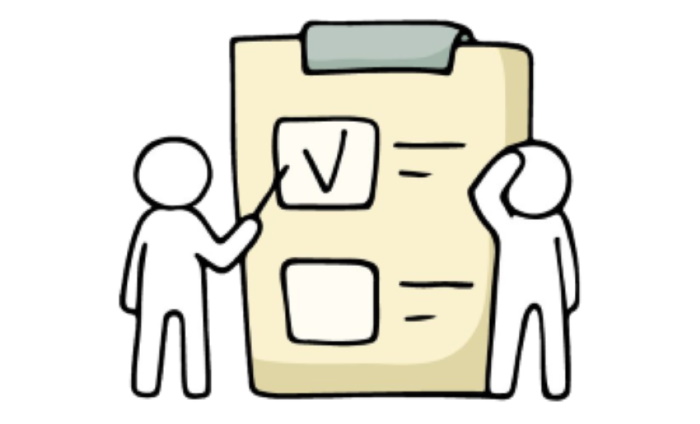Let’s Talk about Daily Living
If you are concerned about your child’s daily living skills, you may notice their hair is messy, their room is a disaster, and they don’t seem to act like other people their age.
Why is Daily Living important?
Daily living skills are important because they lead to independence later in life.
Studies demonstrate over and over again that, even for kids with significant disabilities, these daily life skills are the best predictor of optimal outcomes for daily living later in life.
Does your child need support with Daily Living?
Some children seem to need more help, guidance, and handholding to complete their day-to-day tasks.
You may see this difficulty in your bright child who is reading two grade levels ahead but cannot put on a matching outfit to save his life. Maybe you wonder, without your support, if your child would ever make it to school on time, bathe, or choose the proper clothing for the weather.
What To Do
If you are wondering about your child’s daily living skills, consider these strategies to help.
- Break skills down into simple steps and support these developing skills for your children.
- Work with them to clean up toys in the bedroom or to rake the yard.
- Create a morning routine poster to hang in the bedroom and bathroom reminding them of the steps to complete the routine.
- Create a chore chart with room for stickers that can be exchanged for family game night, ice cream or a trip to the park.
- Keep things simple, and make rewards meaningful.
- Don’t threaten things you cannot or will not enforce like “No iPad for a week if this room isn’t clean.” Instead, say “First put all your dirty clothes in the hamper, then you can have some screen time.” This reward is simple and immediate, and the chore is clearly stated.
- Some children struggle with adaptive skills even with all these strategies. If so, it could be extremely important to consult a behavior therapist or occupational therapist to help your child be successful. Consider having your child evaluated to better understand his or her strengths and weaknesses that may contribute to adaptive deficits.
WE’RE HERE TO HELP
Schedule a FREE 20-minute Discovery Session to get help with your child’s daily living skills.




